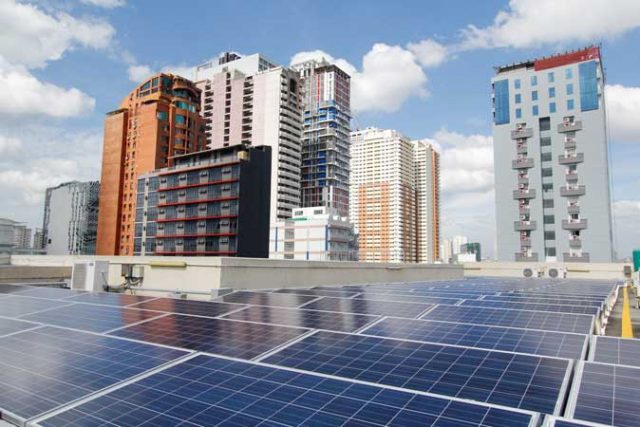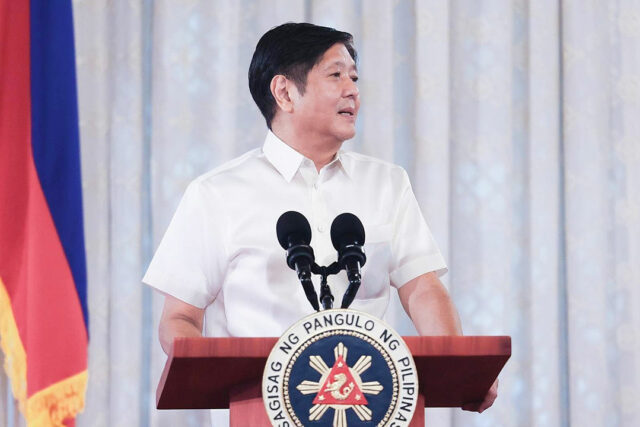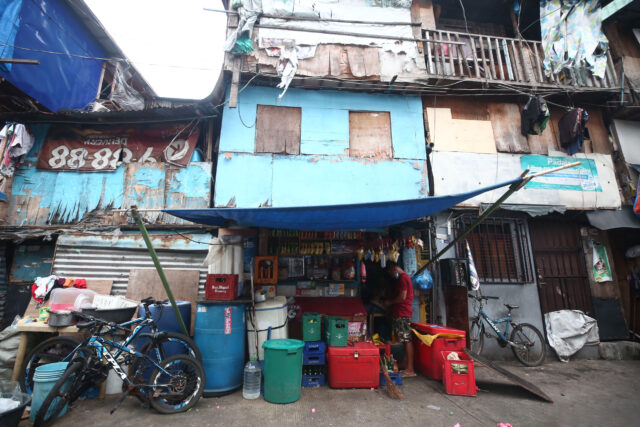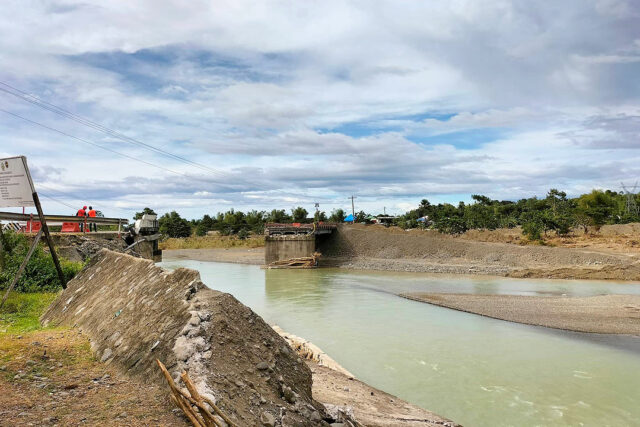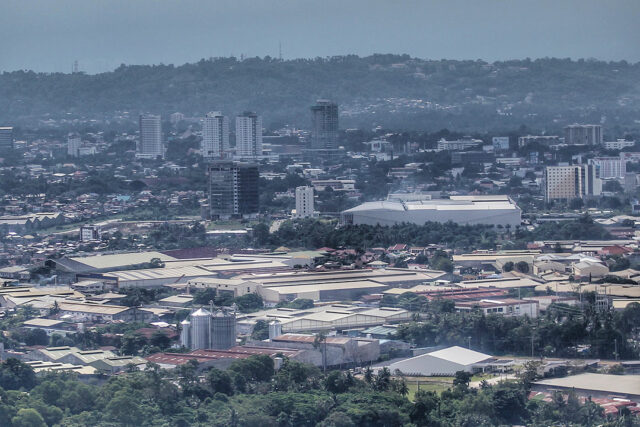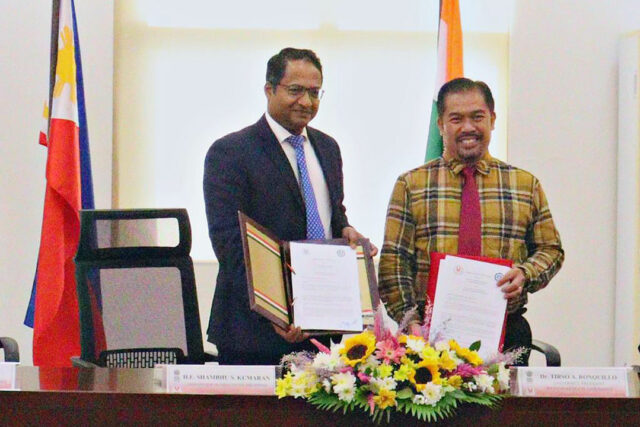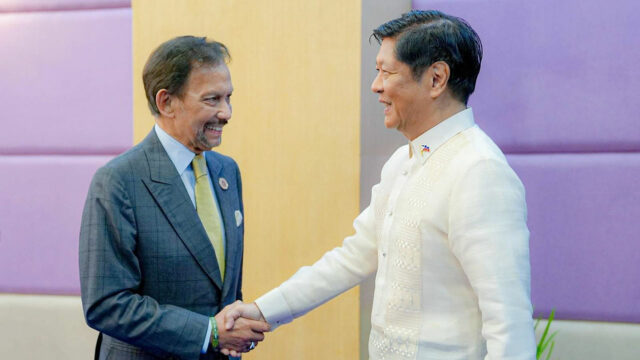Digital services tax measure to target large foreign companies
THE planned tax measure for digital service providers will target mainly large foreign companies, a senior legislator said, calling it a means of leveling the playing field for domestic media companies.
“The biggest competitor of traditional media now is YouTube, Facebook and TikTok but the country doesn’t get a single centavo. DZWB, DZRH, you (media companies) pay the government income tax and VAT (value-added tax) so that’s not fair and yet these companies take away market from our (legacy) companies,” Senator Sherwin T. Gatchalian, who chairs the Senate’s ways and means committee, said at the Pandesal Forum on Sunday.
“So, just to put things on equal footing, the government plans to tax digital services, but (only) the big ones. We’re not talking about the small ones… we’re not going to do anything (to the smaller companies), it’s only the big foreign companies,” he added.
Her called the current system “unfair” as domestic retailers are required to pay 25% in income tax and 12% VAT “but digital services, because they are new, don’t pay anything.”
President Ferdinand R. Marcos, Jr. signaled the administration’s intent to impose VAT on digital service providers in his first State of the Nation Address, estimating proceeds of around P11.7 billion from such a tax if implemented in 2023.
Mr. Gatchalian said that this was one of the many options to increase government revenue, citing as well enhanced tax administration for micro, small and medium enterprises (MSMEs).
“We’re keeping it simple,” he said. “We expect more MSMEs to pay their taxes on time.”
He said the debt-to-GDP ratio, which according to data from the Bureau of the Treasury (BTr) jumped to 63.7% in the third quarter, can be brought down to 40-50% in the next five years with more foreign investment.
Former Speaker of the Indonesian Regional Representative Council Irman Gusman, speaking at the forum, discussed possible cooperation with the Philippines on coal, geothermal energy, tourism, and agriculture.
He said more can be done to develop trade between the Philippines and Indonesia.
Mr. Gatchalian noted that inflation, which surged to near 14 year-high in October to 7.7% from 6.9% in September and 4% in October 2021, was mainly driven by power and food prices.
To address this, the Philippines can discuss partnerships with Indonesia that will provide access to discounted coal, reliable supply, he said, noting that this will lower the cost of electricity.
Since both the Philippines and Indonesia are big food producers, he added that trade can also be maximized to offset rising food prices.
“It really happens because food is susceptible to climate and if we have typhoons, we can see prices of food go up and we recently experienced a few typhoons,” he said. “We can tap our Indonesian partners for cheap produce, cheap food supply so we can bring down inflation.”
Mr. Gatchalian also noted potential for further collaboration with Indonesia on renewable energy, especially in geothermal energy. “The Philippines is quite active in the renewable energy sector. We are pushing very hard to increase our renewable energy use both from solar and wind, and also from hydropower plants.”
“I say this because I see a lot of similarities between the Philippines and Indonesia in terms of energy and both countries would want to use its renewable energy as the main source of energy at one point in the future,” he said. — Alyssa Nicole O. Tan


